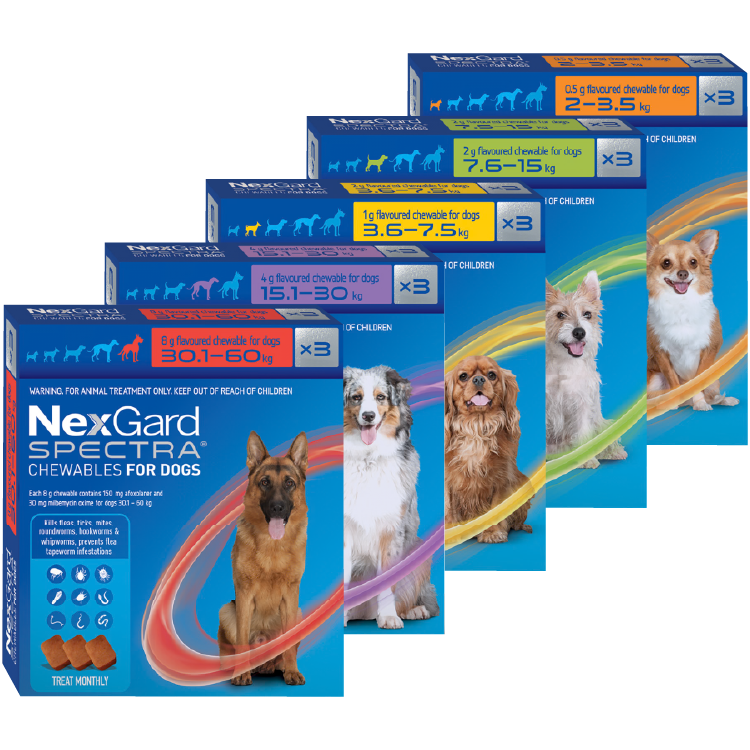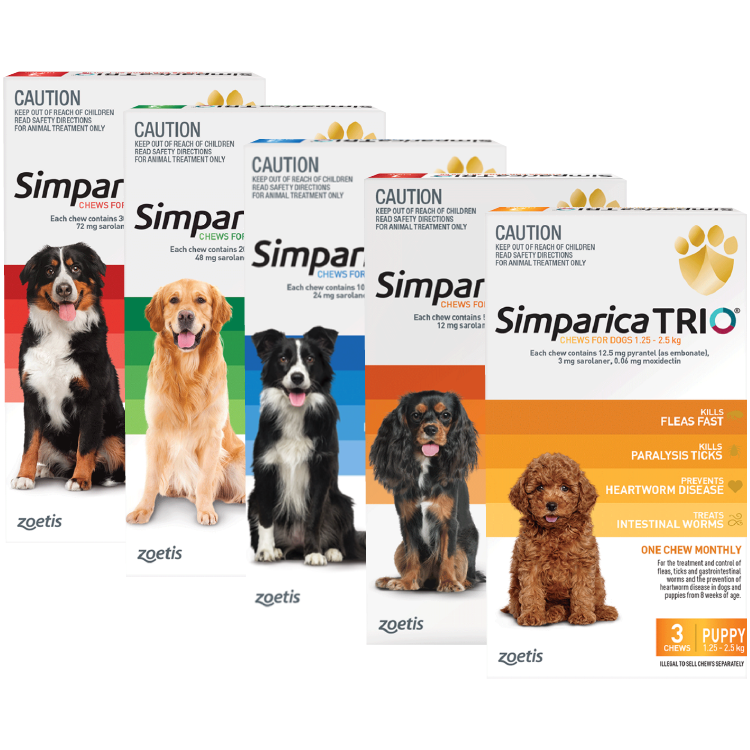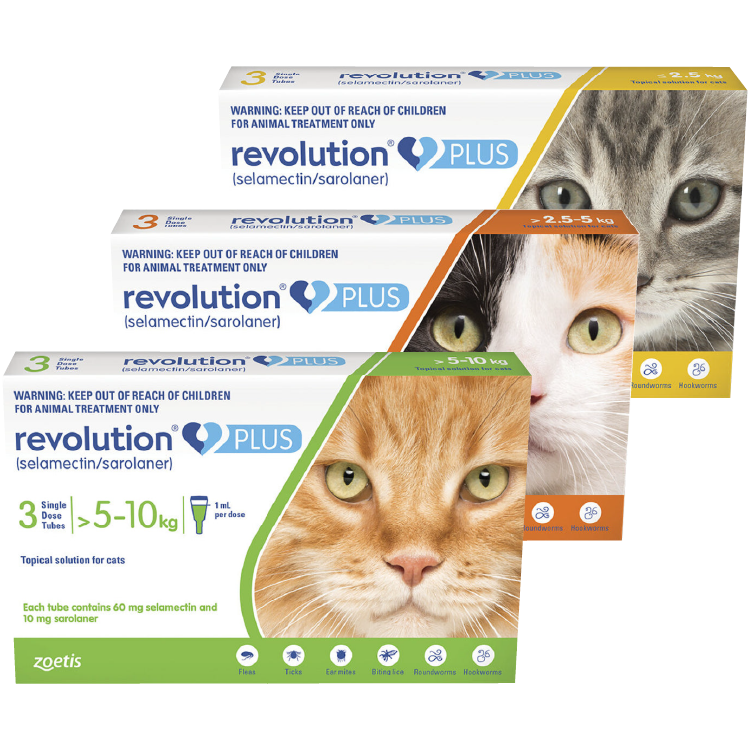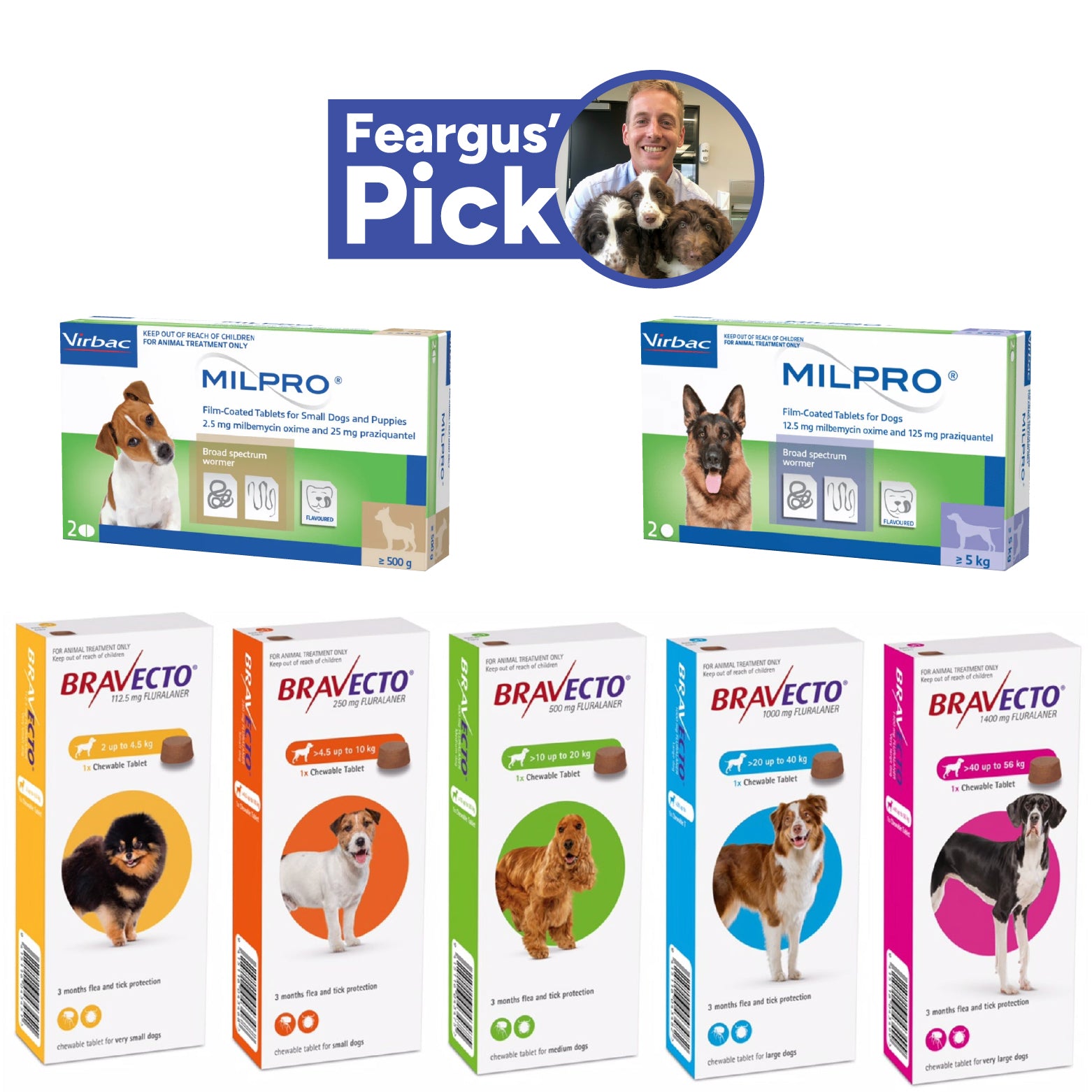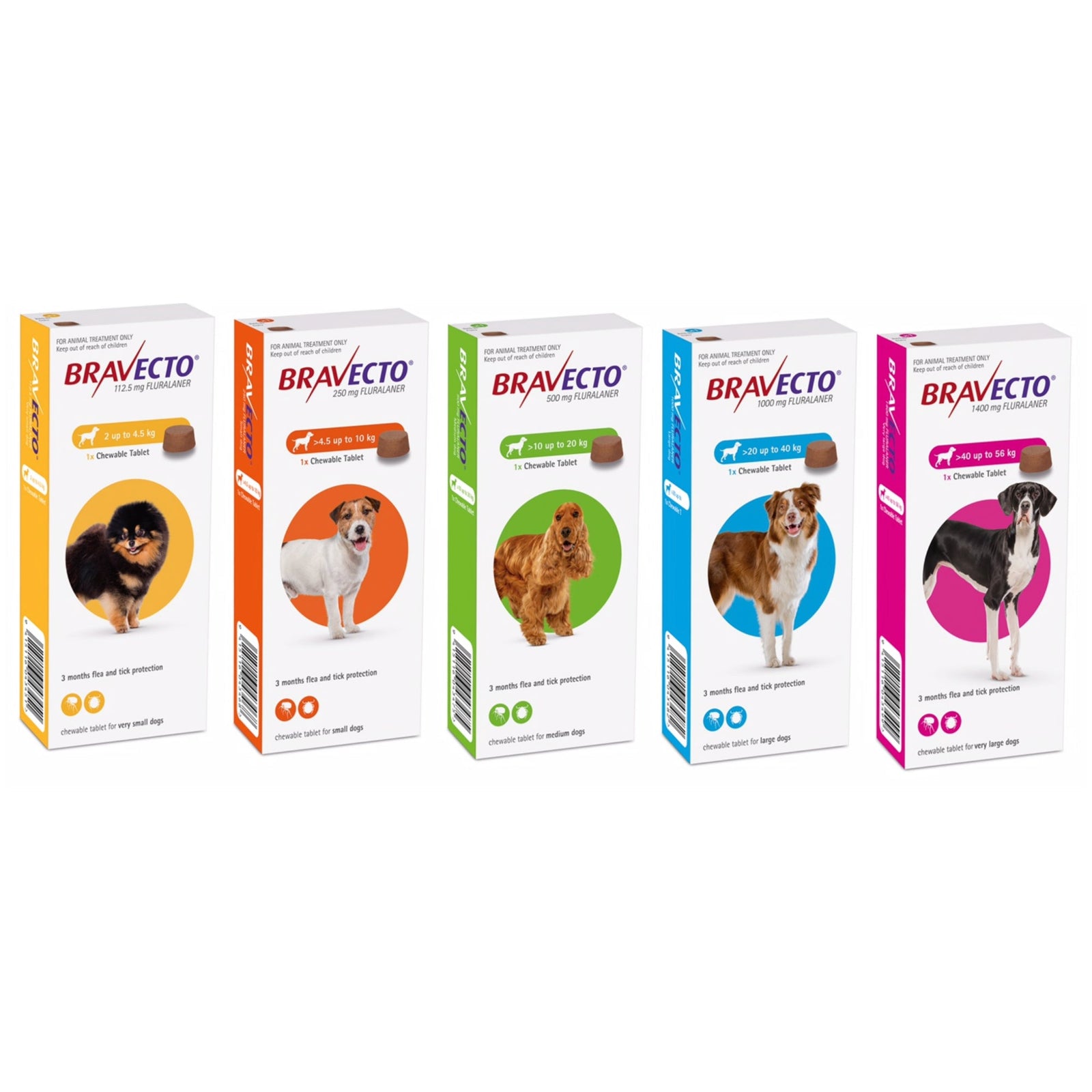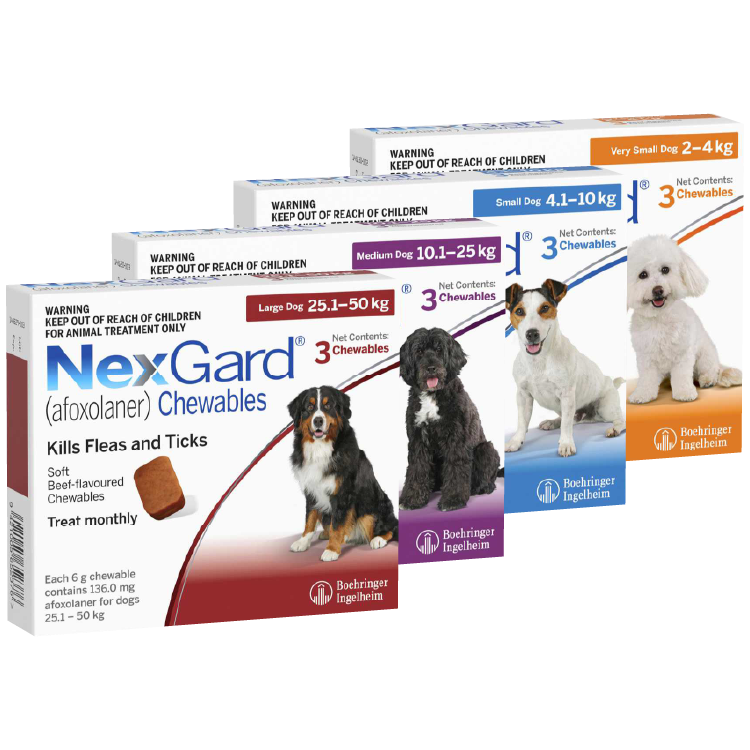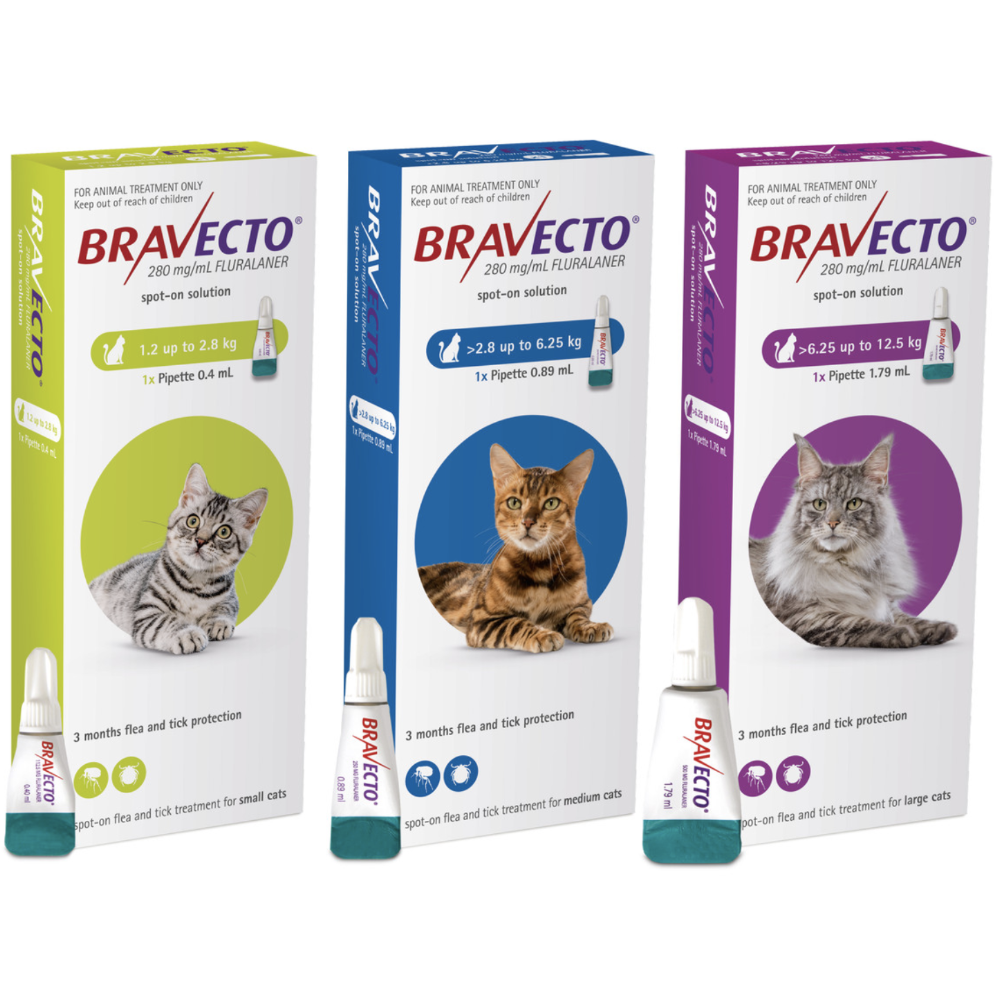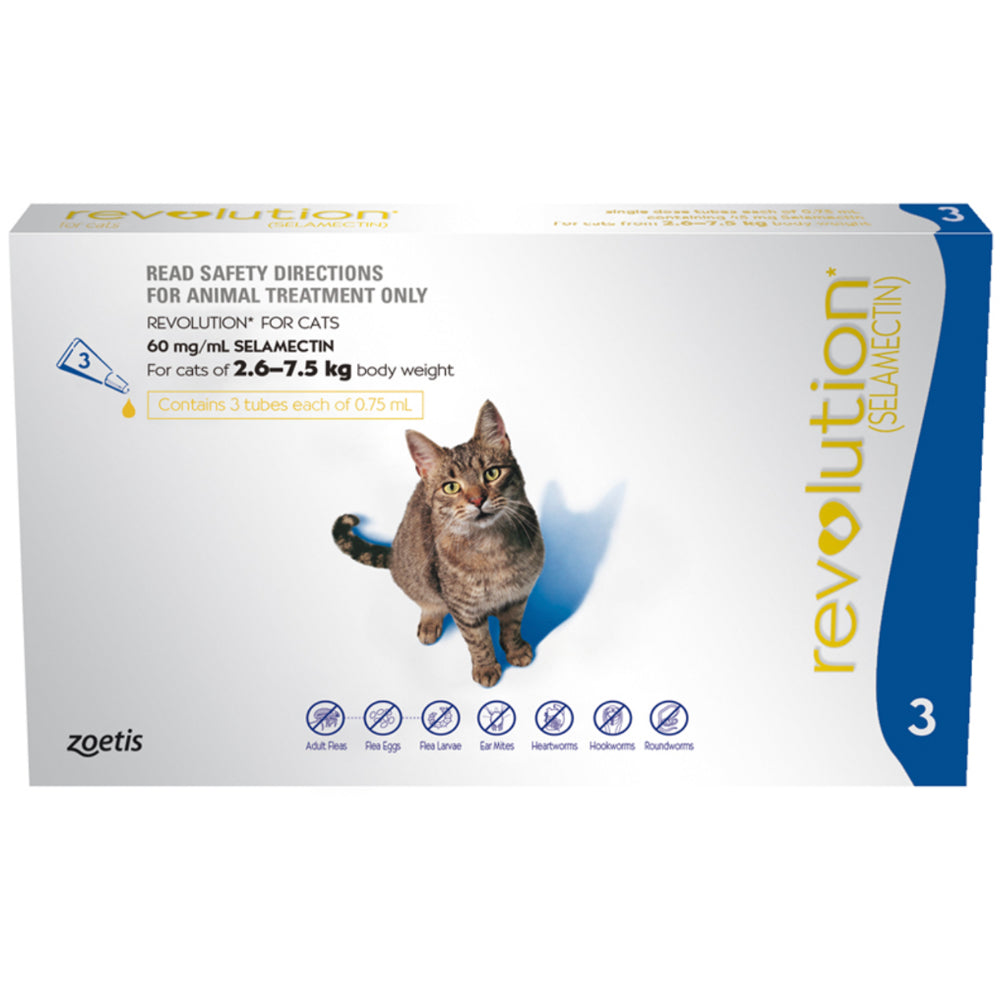NZ-Owned & Vet-Led | 100% Money-Back Guarantee | FREE Shipping
NZ-Owned & Vet-Led | 100% Money-Back Guarantee | FREE Shipping
Add description, images, menus and links to your mega menu
A column with no settings can be used as a spacer
Link to your collections, sales and even external links
Add up to five columns
Add description, images, menus and links to your mega menu
A column with no settings can be used as a spacer
Link to your collections, sales and even external links
Add up to five columns
Roundworm, hookworm and whipworm in Aussie pets
August 18, 2025 2 min read

Introduction
Intestinal worms are common. Roundworm and hookworm affect both dogs and cats. Whipworm is mainly a dog problem. A steady schedule protects your pet and your family. This guide was prepared with input from our lead vet, Dr. Feargus McConnell, BVSc.
How pets catch them
-
Roundworm: from the environment, prey or milk from mum.
-
Hookworm: larvae in soil or sand, or from mum.
-
Whipworm: hardy eggs in the environment that dogs pick up while sniffing or grooming.
Signs to watch
Dull coat, pot-belly in the young, weight loss, vomiting or diarrhoea, scooting, pale gums or low energy. Many pets show no signs early on, which is why routine prevention matters.
Prevention schedule
-
Puppies and kittens: every 2 weeks to 12 weeks of age, monthly to 6 months, then move to the adult plan.
-
Adult dogs and cats: usually every 3 months for intestinal worms unless your product label says otherwise. Use heartworm prevention monthly too.
-
Pick a product that fits your routine. Set a phone reminder so you do not miss doses.
Hygiene that helps
Pick up dog poo daily. Clean litter trays often and wash hands after handling soil or sand. Keep kids away from areas where pets toilet.
Products we trust
-
Dogs: Simparica Trio Chewable Tablet for Dogs. Monthly chew with heartworm prevention and coverage for common intestinal worms. Check the label for exactly which worms are included.
-
Cats: Revolution Plus Spot-On for Cats. Monthly spot-on that covers roundworm and hookworm, plus fleas and ticks when used as directed.
-
Cats: Revolution Topical Solution for Cats. Monthly spot-on with heartworm prevention, fleas and mites.
Safety basics
-
Match species, weight band and minimum age.
-
Do not stack different wormers unless your vet says it is safe.
-
If your pet is pregnant, breeding or unwell, ask your vet before dosing.
FAQ
Do indoor-only pets still need worming?
Yes. Eggs can travel on shoes and soil and prey can slip indoors.
Can I align worming with my flea and tick day?
Yes. Many households pick the same day each month to keep things simple.
My dog had diarrhoea after worming. What now?
Mild tummy upset can happen. If vomiting, blood, or lethargy appear, call your vet.
If you would like help setting a monthly plan for your household, our vet-led team can do it with you, contact us.
Feargus McConnell
Also in Dr. Feargus’ Australian Pet Health Blog

Pet dental care at home | Easy brushing guide
August 21, 2025 2 min read
A simple Australian guide to brushing your dog or cat’s teeth. What you need, step‑by‑step instructions, and when to see your vet.

How often should you treat your dog for fleas in Australia?
August 21, 2025 2 min read
A simple schedule for flea prevention in Australian dogs. What to use, how long to treat, and how to stay on time—even if you already have fleas at home.

Travelling tradies with dogs: parasite guide
August 19, 2025 2 min read
A road-ready parasite plan for tradies and their dogs. Ute and site hygiene, packing list, dose timing, and trusted product picks.

Join the pack!
Get 10% off your first order



